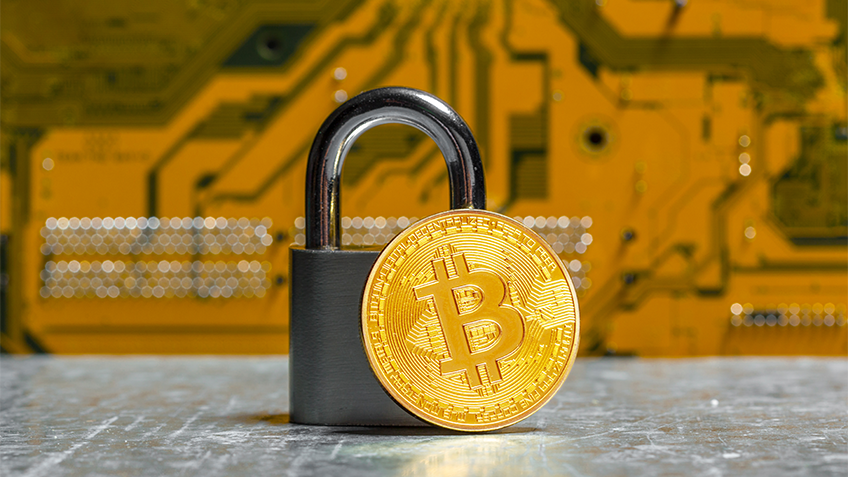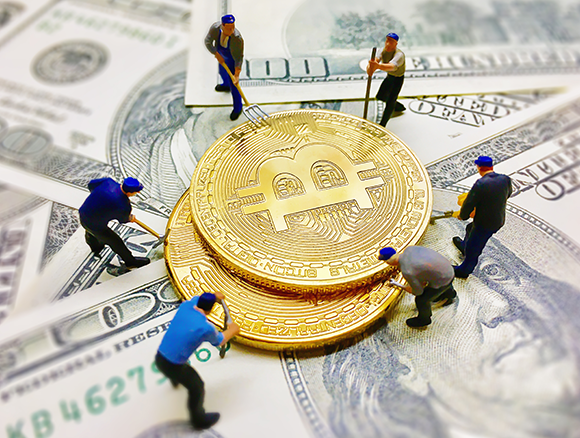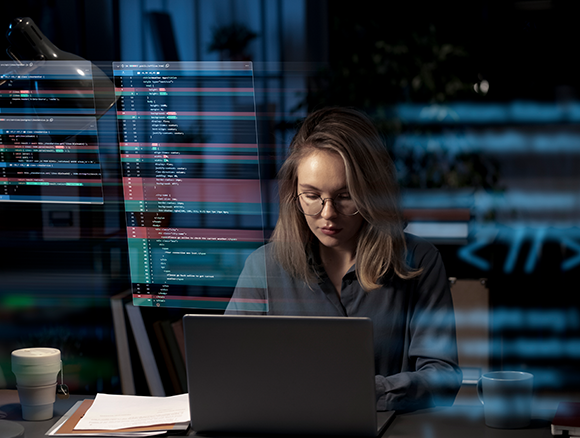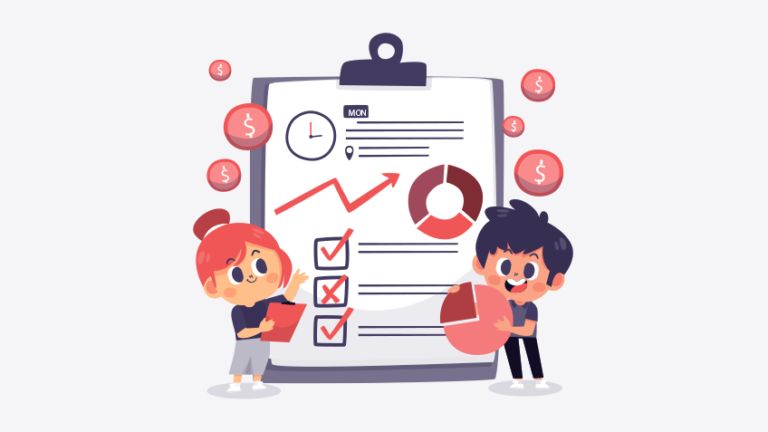As cryptocurrency continues to grow in popularity, it’s becoming increasingly important to protect your digital assets from threats. Unlike traditional money stored in banks, cryptocurrency is stored digitally, which makes it vulnerable to cyber-attacks, scams, and other risks. In this guide, we’ll explore essential tips to help you keep your cryptocurrency safe and secure.
Why Cryptocurrency Security is Crucial?
Cryptocurrency operates on decentralized networks, which means there’s no central authority like a bank to protect your funds. If your cryptocurrency is stolen or lost, it can be extremely difficult, if not impossible, to recover. This is why taking proactive steps to secure your digital assets is essential.
Additionally, the anonymous nature of cryptocurrency transactions, while offering privacy, can also attract hackers and scammers who prey on unsuspecting users. Therefore, understanding the best practices for safeguarding your cryptocurrency is critical.
Use a Secure Wallet
The first step in securing your cryptocurrency is choosing the right wallet. A wallet is where you store your digital currencies, and there are several types available:
Hardware Wallets: These are physical devices, like USB drives, that store your cryptocurrency offline. Hardware wallets are considered the safest option because they are not connected to the internet, reducing the risk of hacking.
Software Wallets: These are applications you install on your computer or smartphone. While convenient, they are more vulnerable to cyber-attacks, especially if your device is compromised.
Paper Wallets: A paper wallet is a physical document that contains your private keys and QR codes. While highly secure from digital threats, it can be lost, damaged, or destroyed, so it’s important to store it safely.
Enable Two-Factor Authentication (2FA)
Two-factor authentication adds an extra layer of security to your cryptocurrency accounts. With 2FA, even if someone obtains your password, they won’t be able to access your account without a second form of verification, usually a code sent to your phone or email.
Most cryptocurrency exchanges and wallets offer 2FA as an option, and it’s highly recommended to enable it wherever possible. This simple step can significantly reduce the risk of unauthorized access to your accounts.
Keep Your Private Keys Private
Your private keys are the most important part of your cryptocurrency security. They are essentially the passwords that give you access to your funds. If someone else gets hold of your private keys, they can access and steal your cryptocurrency.
Never share your private keys with anyone, and avoid storing them on digital devices connected to the internet, as these can be hacked. Instead, consider storing them in a secure offline location, like a hardware wallet or a safe.
Be Wary of Phishing Scams
Phishing scams are one of the most common ways that hackers steal cryptocurrency. These scams typically involve fake emails, websites, or social media messages that appear to be from legitimate sources, tricking you into providing your login details or private keys.
To protect yourself from phishing scams, always double-check the URLs of websites before entering your information, and be suspicious of unsolicited messages asking for your private information. When in doubt, contact the company or service directly to verify the request.
Keep Your Software Updated
Keeping your wallet and exchange software up to date is crucial for maintaining security. Software updates often include important security patches that fix vulnerabilities, so it’s important to install them as soon as they’re available.
If you use a software wallet, make sure both the wallet and the operating system of your device are regularly updated. Additionally, avoid using outdated or unsupported software that may have known security issues.
Backup Your Wallet
Regularly backing up your wallet is another important security measure. If your device is lost, stolen, or damaged, a backup will allow you to restore your access to your cryptocurrency.
When backing up your wallet, be sure to include the private keys and any other essential data. Store the backup in a secure location, such as a physical safe or an encrypted USB drive, and consider creating multiple backups in case one is compromised.
Stay Informed About Security Threats
The world of cryptocurrency is constantly evolving, and so are the security threats. Stay informed about the latest security practices, common scams, and new technologies that can help protect your assets.
Joining online communities, following reputable blogs, and subscribing to newsletters focused on cryptocurrency security can keep you updated on potential threats and best practices.
Take Action Now to Secure Your Cryptocurrency!
Don’t wait until it’s too late. Start implementing these best practices today to safeguard your digital wealth. Protect your assets, stay informed, and ensure your cryptocurrency remains safe in an ever-evolving digital world.
What is the safest way to store cryptocurrency?
The safest way to store cryptocurrency is in a hardware wallet, as it keeps your assets offline and away from potential cyber-attacks.
How can I protect my cryptocurrency from phishing scams?
Be cautious of unsolicited emails, double-check URLs, and never provide your private keys or login details to unverified sources.
Why is two-factor authentication important for cryptocurrency security?
Two-factor authentication adds an extra layer of security, requiring a second form of verification in addition to your password, which reduces the risk of unauthorized access.
What should I do if my cryptocurrency wallet is hacked?
If your wallet is hacked, you should immediately move your remaining funds to a secure wallet, change all related passwords, and report the breach to the service provider.
How often should I back up my cryptocurrency wallet?
It’s recommended to back up your wallet regularly, especially after any transaction or update, and store the backups in a secure location.
What are the latest security practices for cryptocurrency?
Keeping your software updated, using strong and unique passwords, and staying informed about the latest threats are some of the best security practices to follow.
If you're looking for any services regarding Digital Marketing or Website Developement, Please Contact now.






Leave a Comment